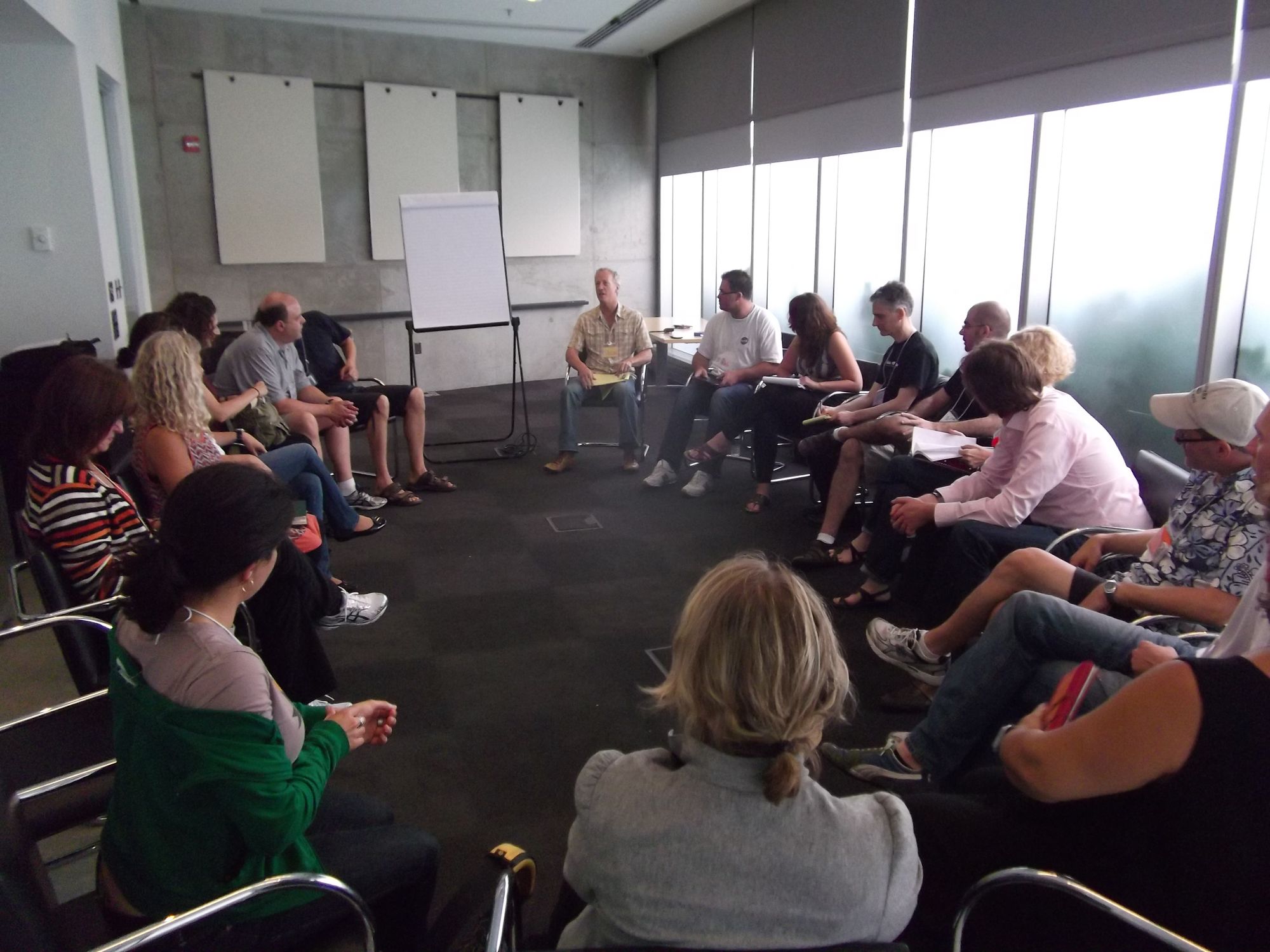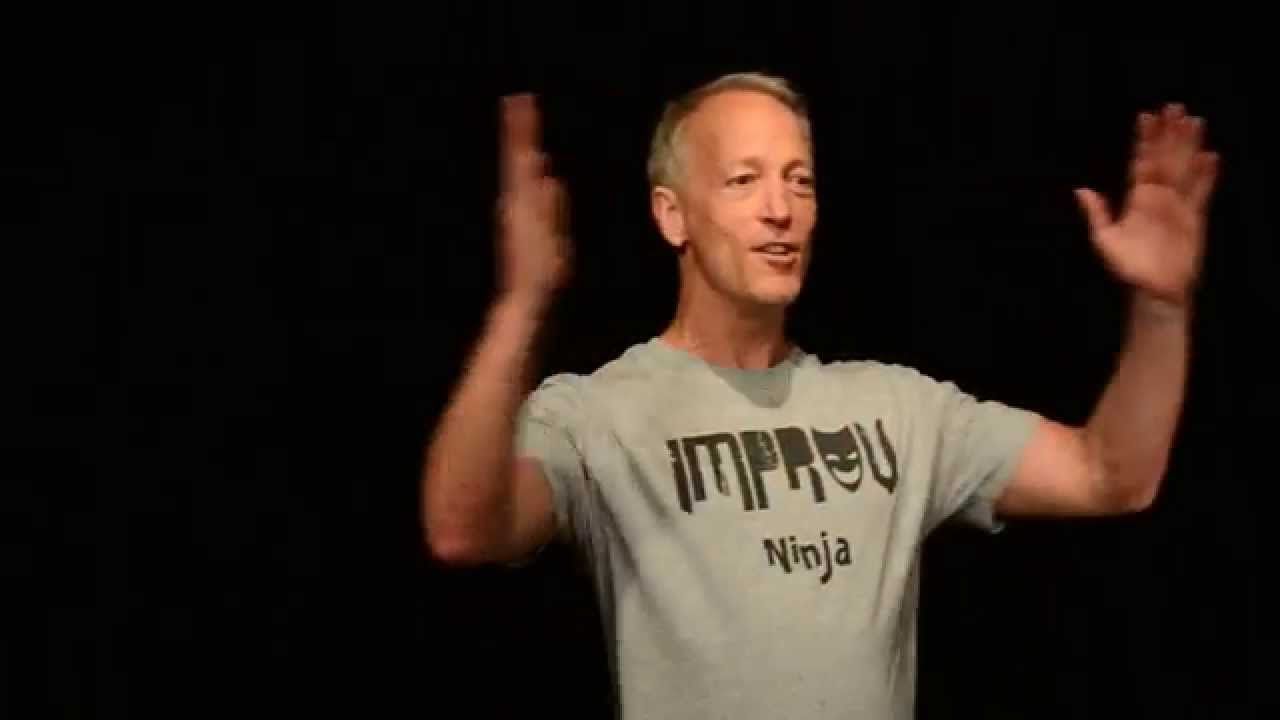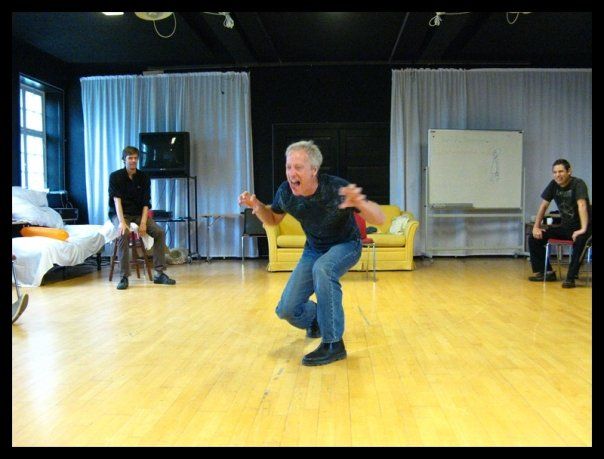Workshops and Retreats
Honesty for a Change
This is an introduction in which we explore the foundations of Radical Honesty. It’s not what you think — it’s what you do. It’s a practice.

Over the course of a weekend we move from honesty as simply a “good idea” to actually being honest with each other. That means telling each other what we really think and really feel, and what we’ve done or plan to do. Along the way we learn communication skills that enable authentic, respectful, playful and profound relationships.
NOTE: This is not a so-called safe space. Of course, there will be no physical violence, but it’s not unlikely that someone will say something you disagree with or find offensive—and that you will do the same. This work is for people who want to get out of their comfort zone.

Honesty for a Change is based on the Radical Honesty work of Dr. Brad Blanton.
Below are some comments from workshop participants:
“I got to be very vulnerable about my truth – I got to step out of lies to self and lies to others in order to act authentically.”
— Workshop participant
“Liam uses the tools of Radical Honesty and the playfulness of improv to challenge participants to move beyond their comfort zones and open themselves to a new level of experience.”
— Workshop participant
“Discussion and acting exercises created a safe container for my attempts at self expression. I felt vulnerable at times, but the group held a safe boundary for me to go deeper inside. Liam’s gentle guidance and integrity helped me navigate the confusing waters of my own self. He is a gifted facilitator who urges participants into scary and intense situations while maintaining compassion and appreciation for their experiences. ”
— KN, Mountain View, CA
“Honesty for a Change is a provocative and endlessly inventive way of accessing personal truth and learning responsible communication in a spirit of honesty, respect and play.”
— GH, Richmond, CA
Recommended reading: Radical Honesty by Dr. Brad Blanton
Radical Relating
In Radical Relating we create more opportunities to use the tools we learned in the prerequisite introductory course.
Diving deeper into interpersonal dynamics, we apply our skills to exploring sex, love, intimacy and romance. First, we take a look at our social conditioning, the roles we play and our conscious and unconscious motivations. As we bring more awareness to habitual modes of relating, we create the possibility of making other choices. This is also an opportunity to engage with others in a supportive context of honesty and transparency. The emphasis is on the experiential. There will be time to experiment, to fail (Yay!) and to learn from each other.

Radical Power
In improvisation there is a concept called “status” which refers, not to social status, but to the things we do from moment to moment to raise or lower our standing relative to others. Most of the time we are only vaguely aware of these subtle power dynamics, which are actually quite pervasive. In Radical Power, we get to explore and expose our unconscious status behaviors and preferred status — and, of course, practice new status behaviors. The best players are the ones who can most easily adapt to the context they find themselves in, whether it calls for high or low status. We’ll also look at how power gets expressed differently by men and women.

Recommended reading: Impro by Keith Johnstone